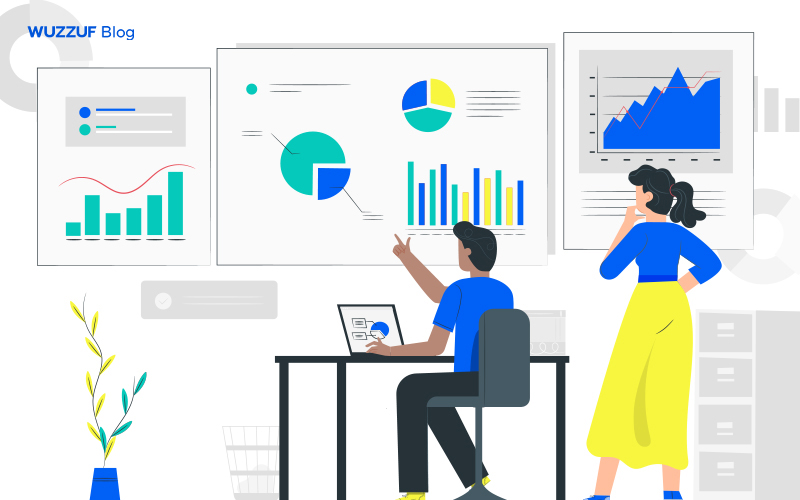In today’s fast-paced world, recruitment is becoming increasingly competitive. Organizations need to find new and innovative ways to attract and retain top talent. One way to do this is by using data and analytics in the recruitment process. In this blog, we will discuss the benefits of using data and analytics in recruitment.
Improved candidate sourcing
Data and analytics can help you identify where your best candidates are coming from. By analyzing data from your recruitment efforts, you can determine which job boards, social media platforms, and other sources are providing the most successful hires. This information can help you focus your recruitment efforts on the most effective channels.
Better candidate matching
Using data and analytics can help you match candidates to the most suitable roles. By analyzing data from candidate resumes, applications, and assessments, you can identify which candidates have the necessary skills, qualifications, and experience for specific roles. This information can help you to create a more efficient and effective recruitment process.
Reduced time-to-hire
Data and analytics can help you to streamline your recruitment process and reduce the time it takes to make a hire. By automating repetitive tasks, such as resume screening and candidate matching, you can free up recruiters’ time to focus on more strategic activities, such as interviewing and candidate engagement. This can help you to make faster and more informed hiring decisions.
Improved candidate experience
Using data and analytics can help you to create a more personalized and engaging candidate experience. By analyzing data on candidate behavior and preferences, you can tailor your communication and engagement strategies to meet individual candidate needs. This can help you to build stronger relationships with candidates and improve your chances of making successful hires.
Enhanced diversity and inclusion
Data and analytics can help you to promote diversity and inclusion in the recruitment process. By analyzing data on candidate demographics and backgrounds, you can identify potential biases in your recruitment process and take steps to address them. This can help you to create a more diverse and inclusive workforce.
Better quality hires
Using data and analytics can help you to make better quality hires. By analyzing data on candidate performance, retention rates, and other metrics, you can identify which recruitment strategies are most successful at attracting and retaining top talent. This information can help you to refine your recruitment process and make more informed hiring decisions.
Improved workforce planning
Using data and analytics can help you to plan your workforce more effectively. By analyzing data on employee turnover rates, performance, and other metrics, you can identify which roles are critical to your organization’s success and which skills are most in demand. This information can help you to plan your recruitment strategy and develop your workforce in line with your business objectives.
In conclusion, using data and analytics in recruitment can bring a range of benefits to your organization. It can help you to improve candidate sourcing, reduce time-to-hire, enhance the candidate experience, promote diversity and inclusion, make better quality hires, and improve workforce planning. However, to fully realize these benefits, it’s important to have the right technology and expertise in place. By partnering with a recruitment technology provider that specializes in data and analytics, you can ensure that your recruitment process is efficient, effective, and future-proof.”






